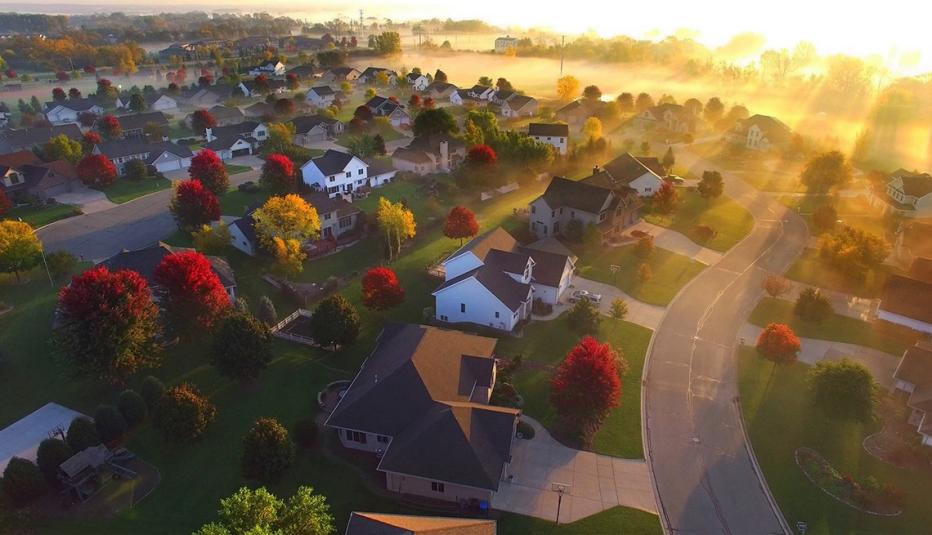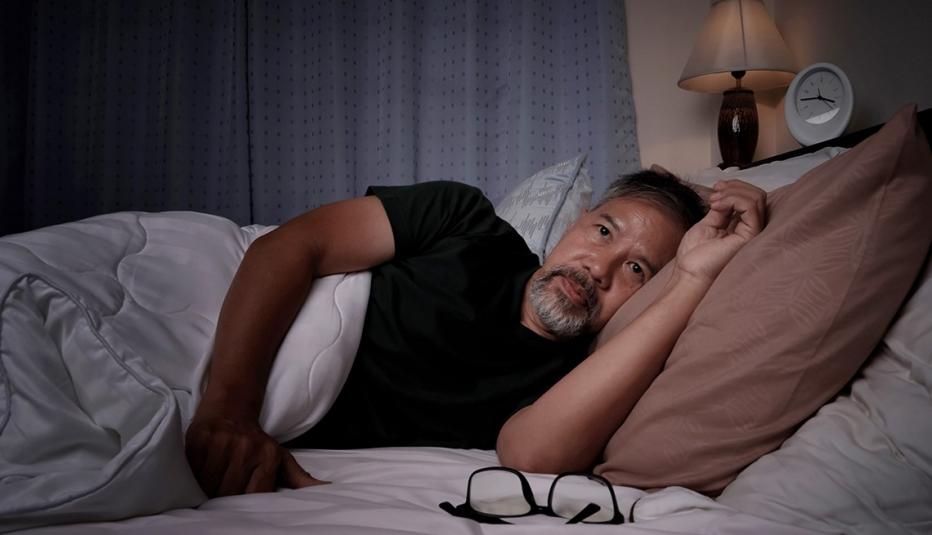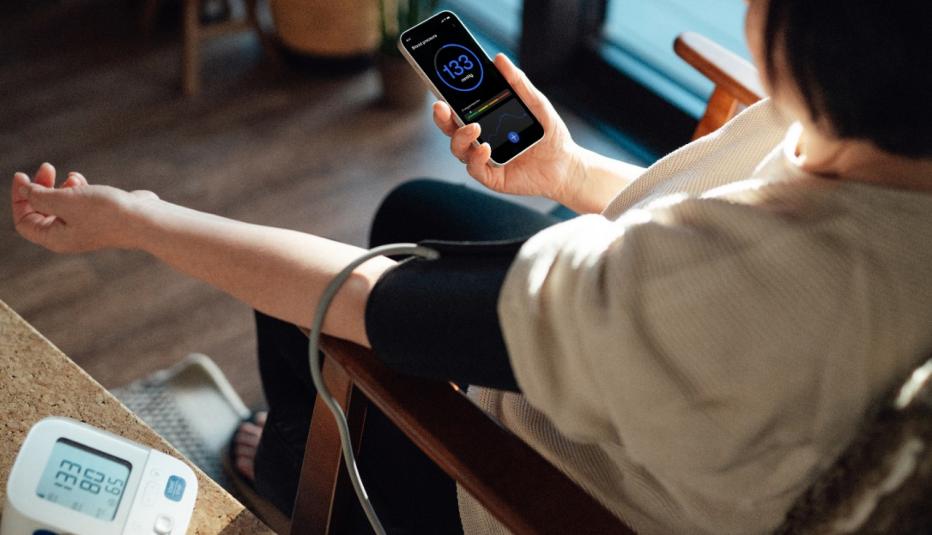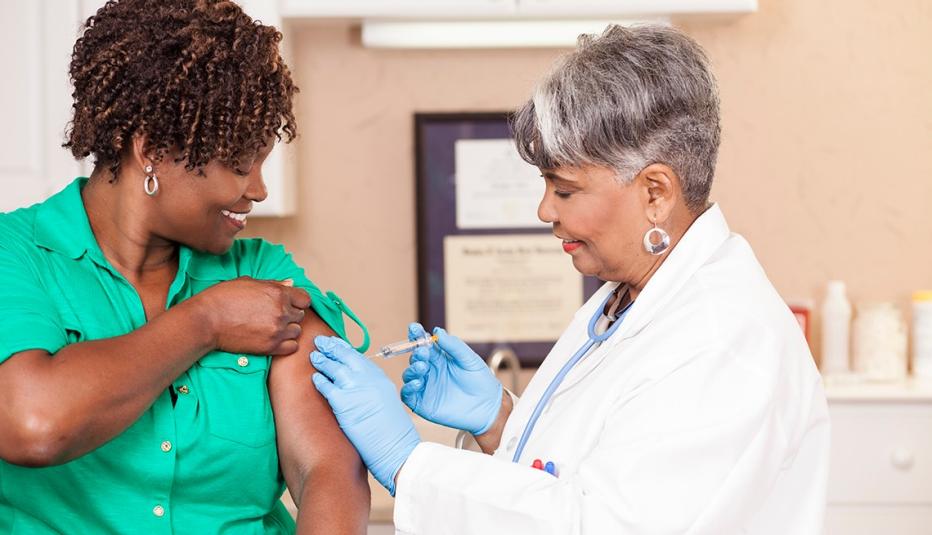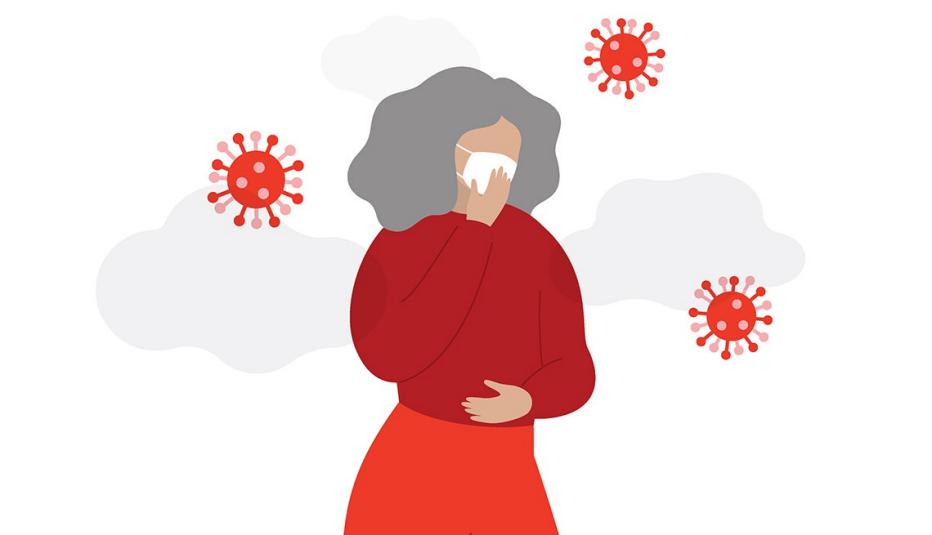AARP Hearing Center
Many midlife and older adults remain mindful of COVID-19, according to a recent AARP survey, and they continue to employ related precautions.


While most older adults age 40-plus say their health is good, a sizable number say their health has declined since the pandemic.
Many older adults age 40 and older say their physical health, mental health, and emotional well-being are very good or excellent. Just over one-third (37%) of those in their 40s say their emotional well-being is very good or excellent and four in 10 (40%) older adults in their 50s rate their emotional well-being high. Comparatively, over half (53%) of older adults age 60 and older say their emotional well-being is very good or excellent.
Although adults in their 40s are least likely to rate their mental health and emotional well-being as high, they are significantly more likely to say their overall health has improved since before the COVID-19 pandemic started, and their health has become a higher priority. Three in 10 (30%) adults in their 40s say their health has improved since the start of the pandemic, compared to only about one in 10 older adults age 50-plus (10% for 50–59; 8% for 60-plus).
Many midlife and older adults continue to employ some COVID-related precautions.
Nearly half (47%) of the midlife and older adults say they have worn a mask in public in the month prior to the survey administration because of the coronavirus. While the likelihood that someone age 40-plus has donned a mask in the past month doesn’t vary by age cohort, women are significantly more likely to say they have worn a mask in the past month (51% vs. 44% of men).
Another third say they have practiced staying six feet away from people they did not know (34%) and/or going to the grocery store during odd hours to avoid crowds (32%). Members of the 40s age group are significantly more likely to say they have gone grocery shopping at odd hours to avoid crowds (45% for 40–49;. 30% for 50–59; 28% for 60-plus).
Most midlife and older adults say they are not too worried about catching COVID-19 because they continue to employ some COVID-related precautions.
Most (55%) adults ages 40-plus say they are not too worried about getting COVID-19. Generally, men are more likely to say they are not worried (65% for men vs. 51% for women) and when comparing age groups, those age 60-plus are significantly more likely to say they are not worried (61% for 60-plus;. 50% for 50–59; 49% for 40–49).
In the month prior to survey administration
- 47% wore a mask in public.
- 34% stayed at least six feet away from people.
- 32% went grocery shopping at odd hours to avoid crowds.
Those who say they are not too worried about getting COVID-19 reported that they are maintaining COVID-related precautions like washing hands and wearing a mask (39%), getting vaccinated (33%), and not going around crowds/people (28%).
Half of the Latino older adults surveyed say they are worried about catching COVID-19, even after taking precautions.
More than three-quarters (77%) of Latino adults age 40-plus say they have been vaccinated against COVID-19 at least once, with more than half (55%) reporting they have completed the initial series and gotten at least one booster. Yet, half say they are either very (17%) or somewhat (35%) worried about catching the virus.
Midlife and older Latino adults who say they are not worried about catching the virus reported that they are maintaining COVID-related precautions like washing hands and wearing a mask (45%) and the belief that God or a higher power will protect them (35%).
Less than half of African American older adults say they are familiar with long COVID, and those who are say they are concerned.
Six in 10 (61%) midlife and older African American adults say they have not heard of long COVID and most (71%) who have heard of it say they are concerned. Only a small portion (2%) say they have or have had long COVID. Those who say they have or have had long COVID say they know because their doctor told them and/or they have or have had their symptoms for several months to more than a year.
The long-term mental, physical, and emotional effects of living through the COVID-19 pandemic have yet to play out. For midlife and older adults, it is clear that many have already noticed some health changes (both positive and negative). The majority still at least occasionally adhere to some of the recommendations aimed at minimizing exposure. As a result, most say they are not too worried about getting COVID-19 (or its variants) mainly because they continue to follow guidelines and have been vaccinated.
Methodology
Alan Newman Market Research Consultants (ANR) conducted a quantitative research study among U.S. adults age 40-plus. The purpose of this research was to understand their health concerns around COVID and vaccinations. Between October 3 and 12, 2022, ANR conducted n=1,546 online surveys (12 min.), including oversamples to achieve 400 completes by African American/Black and 400 by Hispanic/Latino adults age 40-plus. Respondents were offered the option to take the survey in English or Spanish.
This report uses data from the AARP COVID-19 and Vaccines Attitude Survey of Midlife and Older Adults. The companion piece can be found here: “Vaccine Hesitancy Among Older Adults: Disease Concern Not Always Persuasive.”
For more information, please contact Cheryl L. Lampkin at clampkin@aarp.org. For media inquiries, contact External Relations at media@aarp.org.

































































